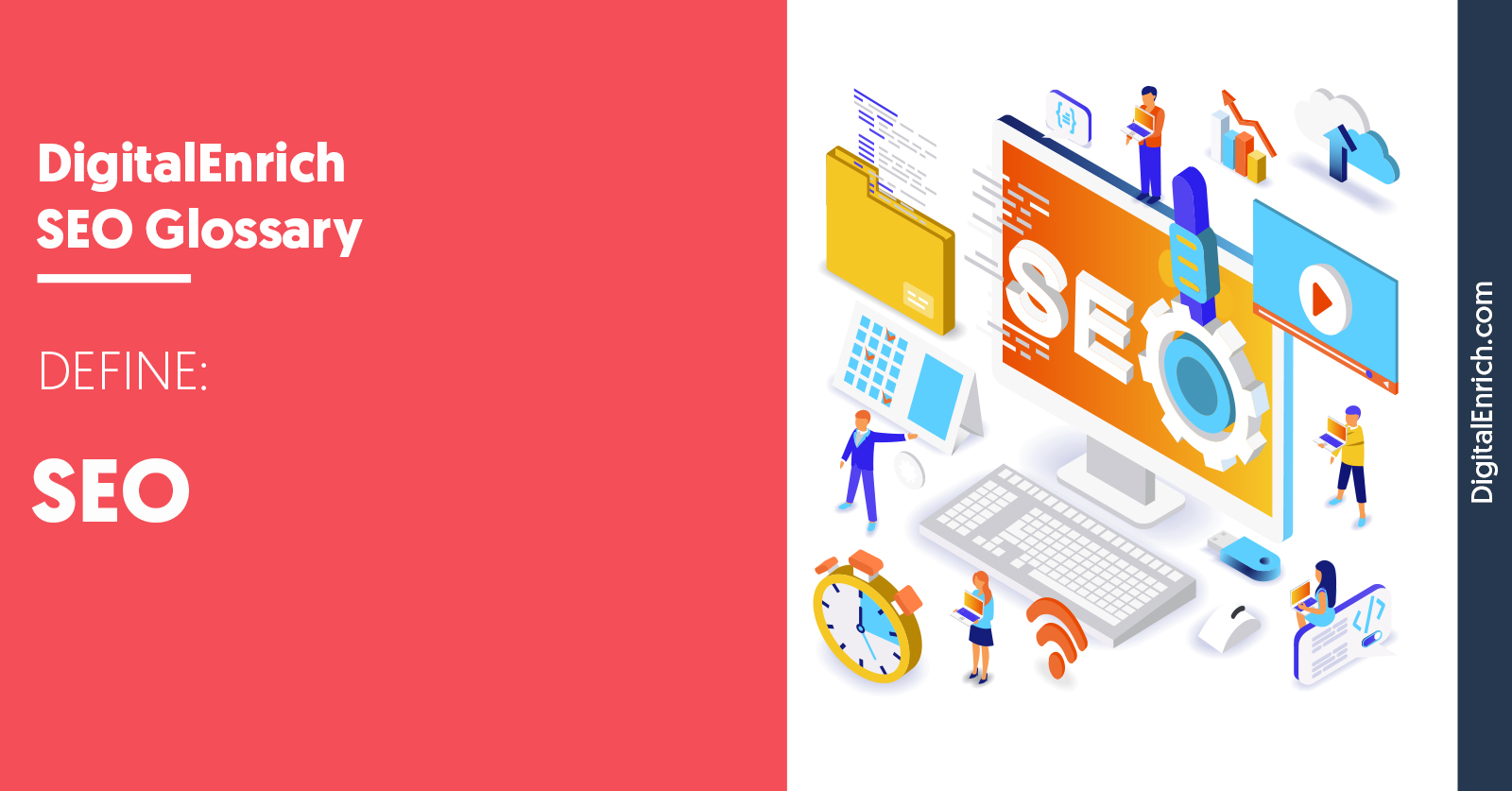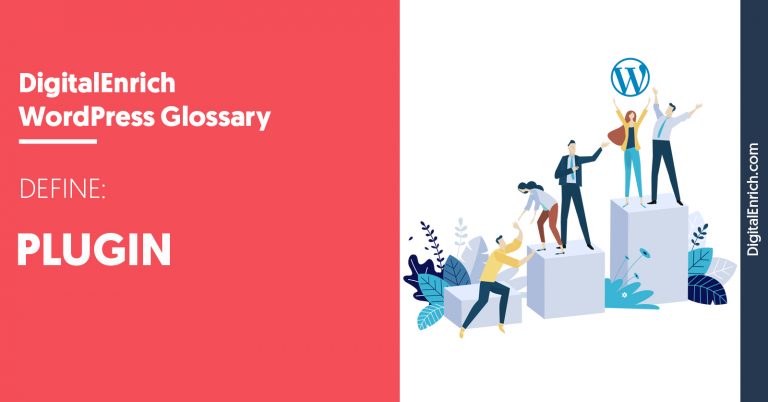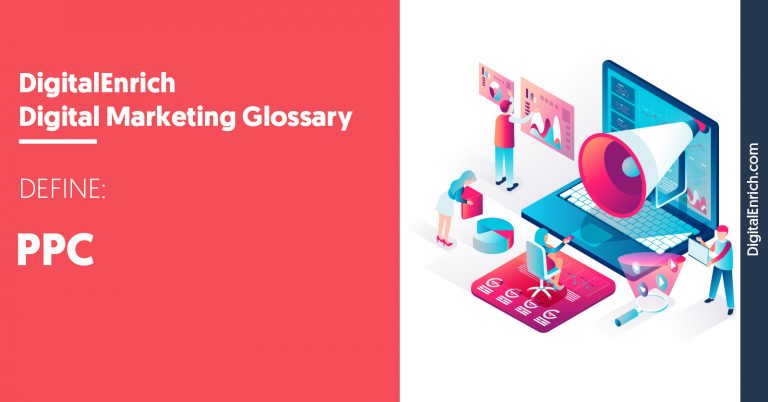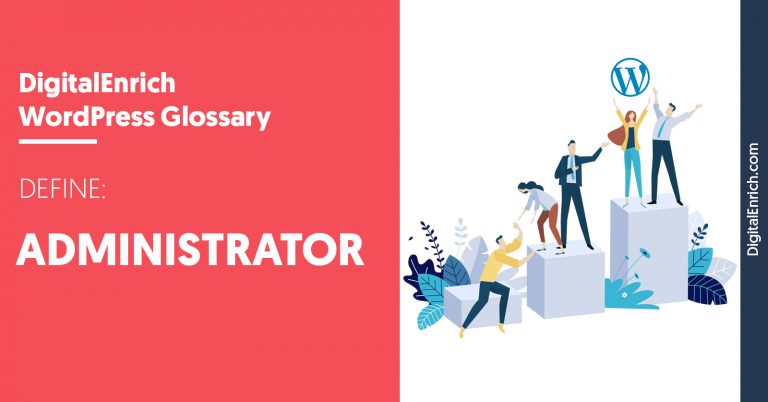Definition
SEO, or Search Engine Optimization, is the process of increasing the visibility of a website by ranking higher in non-paid, or ‘organic,’ search results. These techniques allow more people who are searching for the kind of content your web page offers to see your webpage in the first place.
How Does SEO Work?
Search engines, such as Google, Yahoo!, and Bing, use ever-changing algorithms to determine the most relevant results based on search trends and web page content. The five essential elements of a webpage that a search engine will use to rank it are:
Words and Phrases
Search engines are capable of looking at every single word published on the web. Including words and phrases relevant to your product on your webpage connects people searching for those keywords with your site.
Page Titles
Search engines also scan the code of a page to extract keywords. The title of your page in the HTML code is a crucial element in the ranking, and it should include words that indicate the content of your page.
Links Between Websites
Having links from other reputable sites (backlinks) will increase your page’s ranking since search engines will see your page as more relevant. Writing high-quality content is the best way to acquire backlinks through other high-traffic and high authority sites.
Words Used in Links
Changing up your anchor text, or hyperlinked text increases the association between the keywords in your anchor text and the destination page your anchor text diverts to. Using the same words as an anchor over and over again can lead to your page being reduced in rank by search engines, sending up red flags for fake content.
Reputation
The more consistent you are in producing new and quality content, the higher the SEO your page will achieve. A steadily increasing amount of traffic brought in by your content will also help your site rank higher and lead to better reviews and increased visibility on other websites.
How Can I Improve SEO for My Page?
Relevant Keywords: To attract real human traffic to your web page, first and foremost, your content must be written for people, not for search engines. Find common ground with what your customers are searching for and what sort of products or content you can offer them and extract keywords from that overlap. Current keyword data can be found using online keyword research tools like Google Keyword Tool or Keywordtool.io and can let you know which words are driving the most traffic towards your page.
Page Organization: Website structure is necessary, both for the ease of access to information by your customer and for ease of understanding and higher ratings by search engines. Intuitive links between internal pages (internal linking) and a smooth flow of hierarchy from page to page makes for a better-structured site. Make use of subheadings, which can contain keyword tags of varying levels of importance.
HTML Optimization: Your HTML tags should contain keywords from your page and tell something about the content of your page. Using the right HTML tags improves searchability. Taking the time to learn more about HTML and how to use it will only increase the accessibility of your site to your customers.










